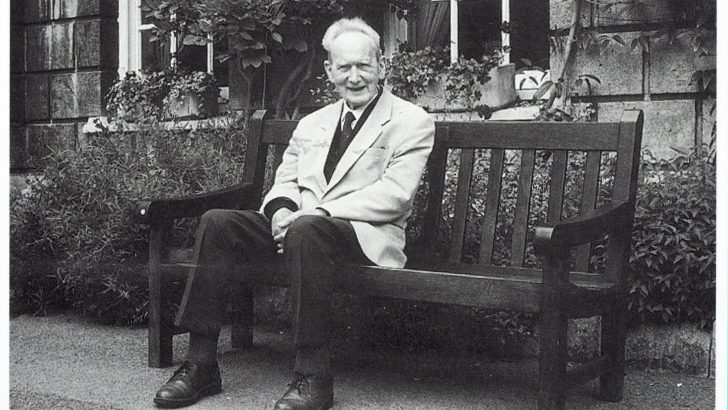Celtic Studies in Europe and other Essays
by Seán Ó Lúing (Geography Publications, €38.00/£29.99)
This collection of interesting essays by the late Seán Ó Lúing, the noted scholar, can be categorised under three headings: autobiography, the Irish language and Higher Studies. Those on staff of the Institute of Advanced Studies are particularly valuable. They provide biographies of the renowned scholars who were the Directors of the Celtic departments and accounts of their role in the flowering of European culture.
The introduction is an appreciation of Seán Ó Lúing by the folklorist Bo Almqvist. He records that he first became acquainted with Seán through his publications. He was so impressed by their quality that he was prompted to acquire two copies of each of them. He recalls how his admiration for Seán grew when he co-operated with him in joint projects for the Department of Irish Folklore.
In the first essay ‘Retrospective’, Seán provides an account of much of his life-story. He was born in Ballyferriter in the Kerry Gaeltacht on May 16, 1917. After attending the local national school he was a boarder in St Brendan’s College, Killarney, where he acquired a love of the ‘classics’.
On graduation from UCD he spent some years teaching in a number of different schools.
Then he secured a post in the Translation Section of the houses of the Oireachtas in 1943 and served there until he retired in 1982. His role and that of his colleagues was to make the debates in the Dáil and the Seanad available in Irish.
Footsteps
Some of the essays reveal Sean’s character and the issues closest to his heart. One such essay is an account of his travels across Germany in the footsteps of the renowned philologist Kuno Meyer, the scholar who was mainly responsible for placing Celtic Studies at the heart of European culture.
Seán’s first love, however, was the Irish language. Although aware that it would limit the readership, he published his seminal works on Arthur Griffith and O’Donovan Rossa in Irish.
Throughout his life he was a prolific contributor of articles and poems to historical and Irish-language journals and magazines. In one of his essays he describes the vicissitudes of the Irish language from the time it was formally declared to be the official language of the State by the first Dáil Éireann until the mid-1990s. The subtext in the piece – namely his disappointment that the country had not become bi-lingual – is almost tangible.
Apart from his writing in Irish, Seán published important biographies in English such as John Devoy, I Die in a Good Cause (Thomas Ashe) and Kuno Meyer as well as The Freemantle Mission, an account of the escape of Fenians from a penal settlement in Van Diemen’s Land (Tasmania).
Seán had a profound admiration for the scholars associated with the higher studies on the Celtic languages. He had a particular regard for those, such as Carl Marstrander, Robin Flower, George Thomson and Marie-Louise Sjoestedt who visited the Blasket Islands of the Kerry Gaeltacht to experience at first hand the purest spoken Irish. Robin Flower, also known as Bláithín, made numerous visits to the Islands.
This volume of essays is an appropriate memorial to a truly remarkable scholar, and a very special person…”
It was he who prompted Tomás Ó Crithin to write his masterpiece, An tOileánach, the straightforward account of life on the Islands.
Seán had the good fortune to meet and befriend the last of those remarkable scholars, George Thomson (Seoirse Mac Tomáis). He introduced him to An tAthair Pádraig Ó Fiannachta, that other well-known scholar from the Kerry Gaeltacht, and the two launched a second edition of Muris Ó Suileabháin’s Fiche Blian ag Fás (published by An Sagart Ma Nuad) at Listowel Writers Week in June 1976.
A Festschrift in everything but name, this volume of essays is an appropriate memorial to a truly remarkable scholar, a very special person and a most helpful friend to contemporaries who had a bent for writing history.


 Seán Ó Lúing
Seán Ó Lúing 